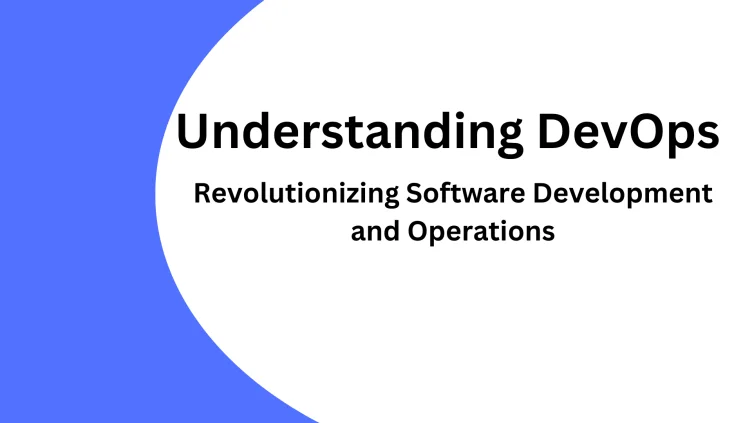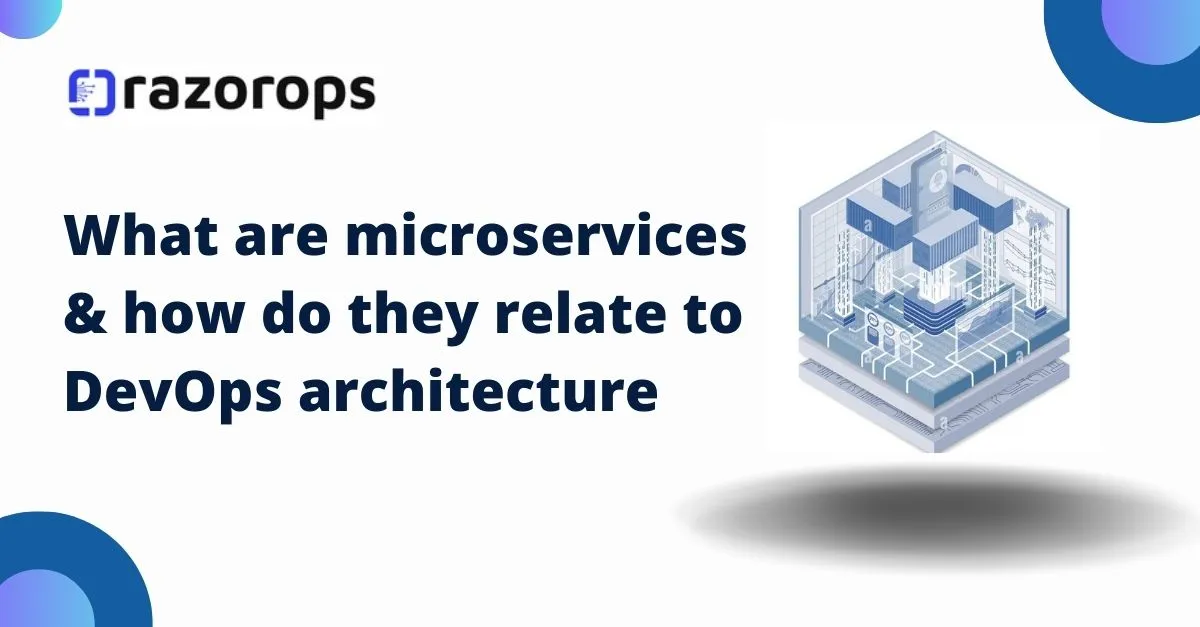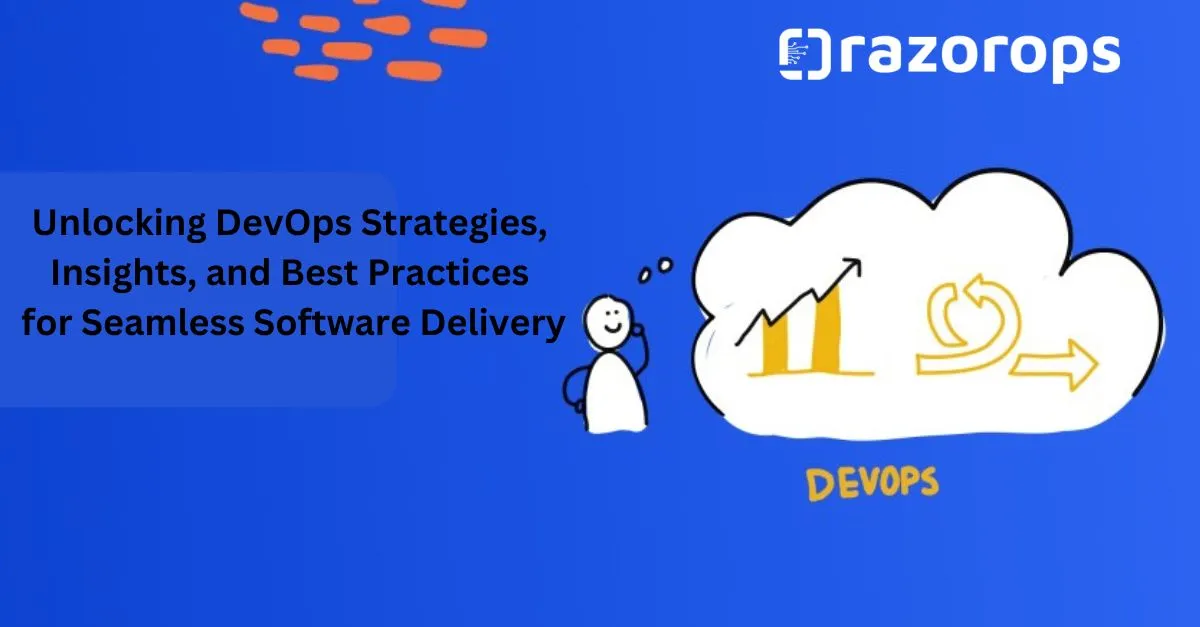Streamlining Deployment Pipelines with DevOps Automation

DevOps has emerged as a crucial methodology for software development and deployment. DevOps bridges the gap between development and operations teams, fostering collaboration and enabling continuous integration and delivery (CI/CD). At the heart of DevOps lies automation, which streamlines deployment pipelines, enhances productivity, and ensures rapid, reliable software delivery. In this blog post, we’ll delve into the significance of DevOps automation and explore strategies for streamlining deployment pipelines effectively.
Understanding DevOps Automation
DevOps automation involves automating various aspects of the software development lifecycle, including code integration, testing, deployment, and infrastructure management. By automating repetitive tasks and manual processes, teams can accelerate the delivery of high-quality software while minimizing errors and reducing operational overhead.
Benefits of DevOps Automation
-
Accelerated Time-to-Market: Automation eliminates manual interventions, enabling faster deployment cycles. Teams can release software updates and new features more frequently, responding swiftly to market demands and gaining a competitive edge.
-
Enhanced Quality Assurance: Automated testing ensures consistent and thorough validation of code changes, reducing the likelihood of bugs and vulnerabilities slipping into production. This results in higher-quality software and improved user satisfaction.
-
Increased Efficiency and Productivity: Automation frees up valuable time for developers and operations teams by eliminating tedious tasks such as manual deployments and configuration management. This allows them to focus on innovation and addressing more critical issues.
-
Improved Collaboration and Visibility: DevOps automation promotes collaboration between development, operations, and other stakeholders by providing transparency and real-time insights into the software delivery process. Everyone involved gains visibility into the status of deployments, facilitating better communication and decision-making.
-
Scalability and Consistency: Automated provisioning and configuration management ensure consistency across development, testing, and production environments. This scalability enables teams to handle increased workload and deploy applications reliably across diverse infrastructure setups.
Strategies for Streamlining Deployment Pipelines
-
Infrastructure as Code (IaC): Adopting IaC principles using tools like Terraform or AWS CloudFormation allows teams to automate the provisioning and configuration of infrastructure components. This ensures consistency and repeatability across environments, reducing the risk of configuration drift and manual errors.
-
Continuous Integration and Continuous Deployment (CI/CD): Implement CI/CD pipelines to automate the build, test, and deployment processes. Tools like Razorops CICD enable teams to automatically trigger builds, run tests, and deploy code changes to production or staging environments rapidly. Click here to get started with Razorops CICD https://docs.razorops.com/getting_started/
-
Automated Testing: Integrate automated testing into CI/CD pipelines to validate code changes automatically. This includes unit tests, integration tests, and end-to-end tests, ensuring that software updates meet quality standards before reaching production.
-
Deployment Orchestration: Utilize deployment orchestration tools like Kubernetes or Docker Swarm to automate the deployment and scaling of containerized applications. These tools simplify container management and ensure efficient resource utilization across clusters.
-
Monitoring and Feedback Loops: Implement automated monitoring and logging solutions to gather real-time performance metrics and detect issues proactively. Integrating feedback loops into deployment pipelines enables teams to iterate quickly based on user feedback and performance insights.
DevOps automation is indispensable for modern software development and deployment, enabling organizations to deliver high-quality software rapidly and reliably. By streamlining deployment pipelines through automation, teams can achieve accelerated time-to-market, enhanced collaboration, and improved efficiency. Embracing DevOps automation empowers organizations to stay competitive in today’s dynamic digital landscape, driving innovation and delivering value to customers with speed and agility. Follow RazorOps Linkedin Page Razorops, Inc.









